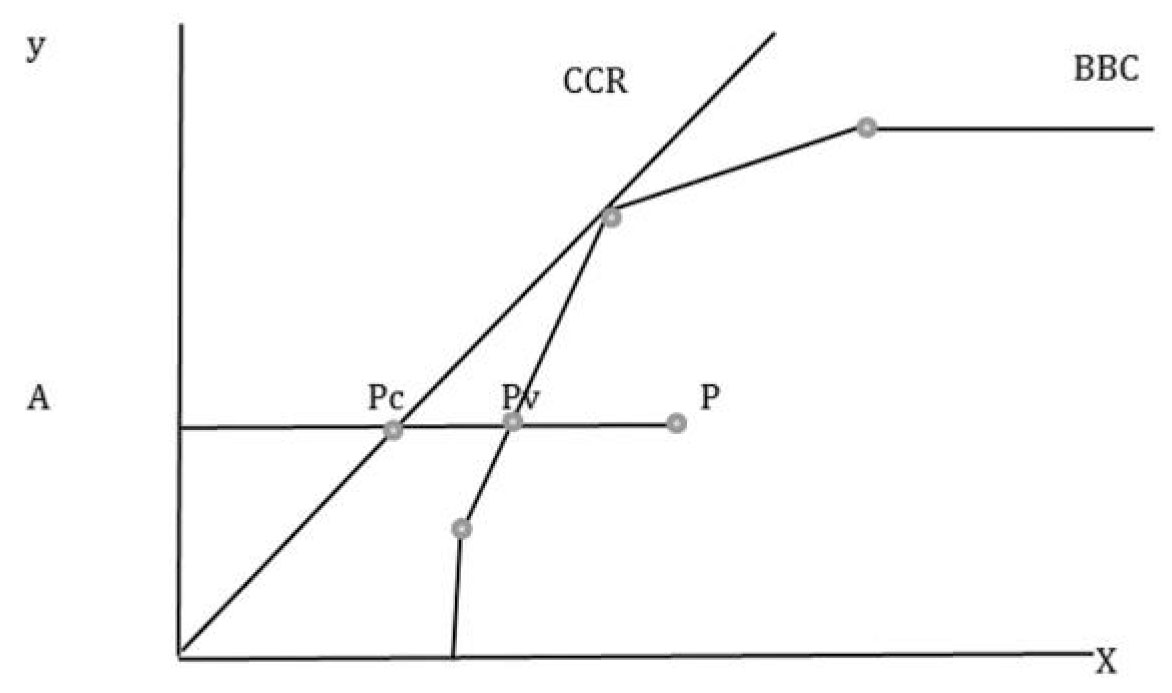Use of the Data Envelopment Analysis (DEA) to evaluate the efficiency of irrigation in the modules of the irrigation of District No. 041, Rio Yaqui (Sonora, Mexico)
Keywords:
efficiency, irrigation, data envelopment analysis, irrigation district no. 041, river YaquiAbstract
The 041 irrigation district, Yaqui River, in Northwestern Mexico, was affected by a severe drought in the 2002-2003 irrigation season and only 29% of the total area was irrigated due to the limited water resources available. In this work, the water management in the irrigation district was evaluated taking into account the efficiency in the irrigation water use of all the irrigation modules using Data Envelopment Analysis (DEA) techniques. The aim of the research was to identify the efficient management of irrigation and to know where to channel appropriate adjustments in the next agricultural years in the studied region, through its deviations regarding with the most efficient irrigation modules. Agronomic and hydraulic comparisons were included in the Frontier Analyst Professional Software; in order to define the border of possibilities that allow to increase or even the most efficient (100%). The results determined that the most homogeneous in efficiency was the 2012-2013 agricultural cycle, ranging its rank from 86.72% to 100%, indicating that the border of possibilities is immediate for the most irrigation modules. The agricultural cycle 2010-2011 was more heterogeneous in efficiency since the ranges fluctuate from 62.21% to 100%, which makes it more complex to reach the border of possibilities.
Downloads
Published
01-12-2017
Issue
Section
Natural resources and environment
License
Aquellos autores/as que tengan publicaciones con esta revista, aceptan las Políticas Editoriales.


